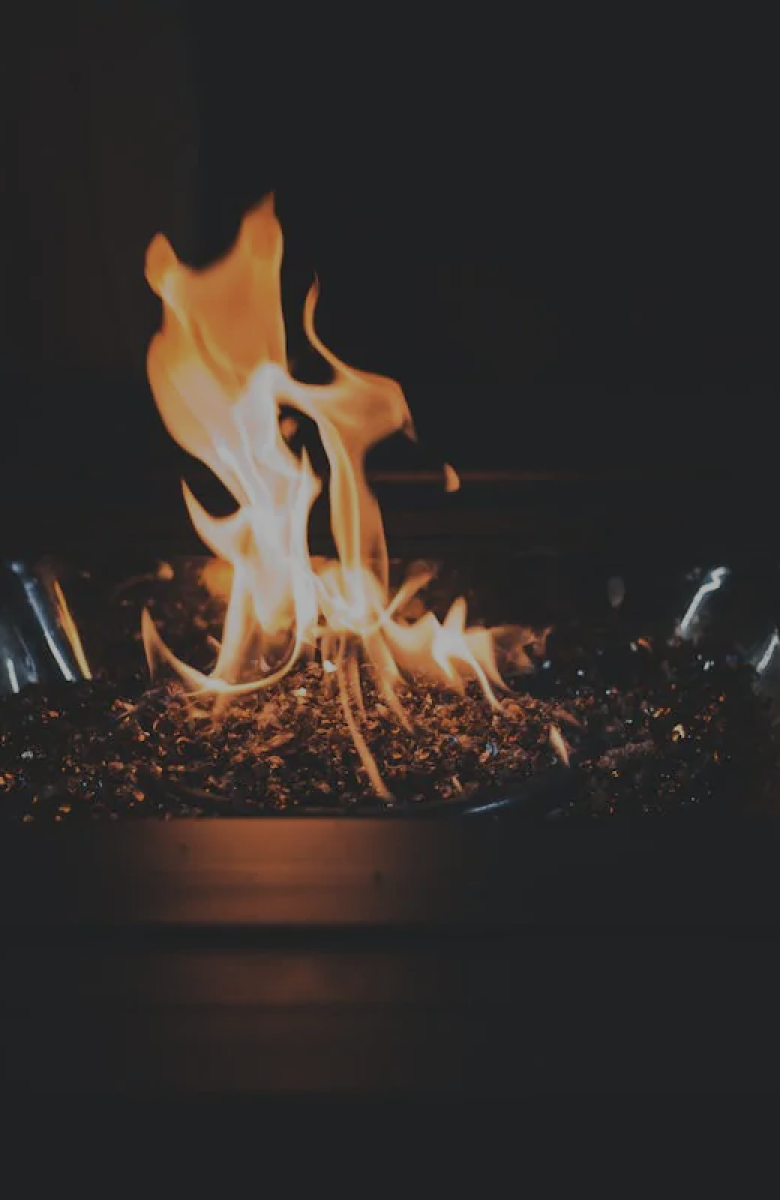Knowing the appropriate type of wood to source and burn is tricky if you’re unfamiliar with the burning wood fuel indoors. For that reason, HouseFuel wants to help you understand the core difference between hardwood and softwood and which should be avoided.
Let's look at which wood species falls into each category and the types you should use to start your fire at home.
What is Hardwood?
Hardwoods are dense, thick woods that usually last much longer when burned because they are strong enough to sustain the flames for a long time. Hardwood typically produces less smoke than softwood, which is essential for anyone starting a fire indoors.
Oak, beech, ash, and maple are perfect examples of hardwood chosen as a solid fuel thanks to their compact qualities and ideal shape. Any wood needs to be seasoned thoroughly before it is burned, and hardwood often takes longer to remove its moisture than softwood - sometimes up to 2 years. However, once done, you will be left with beautiful logs that can burn brilliantly in any fire setting.
What is Softwood?
Softwoods tend to be coniferous or have “needle” tips. Some softwoods might burn adequately, but overall, any softwood species is likely to burn significantly shorter than hardwoods because they are not as dense and will, therefore, contain less energy. Carefully consider the type of fire you want to build to understand whether a softwood is appropriate.
Among the most common species of softwoods are pine, cedar, fir, and larch. Although they aren't often chosen as a solid fuel, softwoods still need to be seasoned much like hardwoods to give them any chance of sustaining when burned.
The Difference Between Hardwood and Softwood
You can usually find softwoods much more quickly than hardwoods; in any wooded area, there is likely to be an abundance of softwood available. However, this doesn't mean that if you are on a camping trip, you should pick up the first wood you see and pile it on the fire.
There is a reason that hardwood tends to be more expensive: it proves to be the most efficient way of building and maintaining an intense fire. When you spend a little extra on getting the correct wood species, you won't require restocking as often or regret your purchase if you opt for softwood.
The best solid fuel providers, like HouseFuel, only supply kiln-dried wood in hardwood form. Kiln-drying the wood effectively removes most of the moisture from within the logs to a safe level, typically below 20%. Purchasing kiln-dried logs saves you a lot of time and hassle having to season the wood yourself.
Our view would be to always choose hardwood over softwood. Explore the rest of the HouseFuel site today for the best firewood available.




